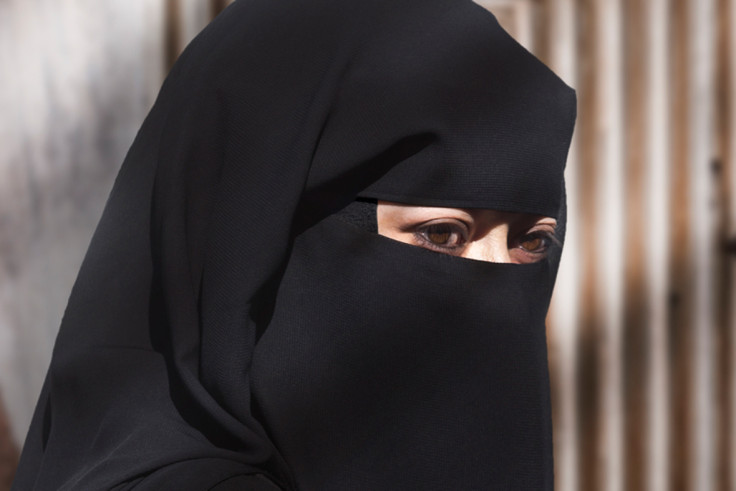Opinion divided over Quebec ban of face coverings for public services
The law stops women wearing the niqab or burqa from riding public transport.

The Canadian province of Quebec has passed a law banning face coverings for anyone receiving or providing public services, becoming the first place in North America to do so.
The legislation will ban the niqab and burqa from public transport as well as other areas of public life.
The province's premier, Philippe Couillard said to reporters after the law had passed: "We are just saying that for reasons linked to communication, identification and safety, public services should be given and received with an open face.
"We are in a free and democratic society. You speak to me, I should see your face, and you should see mine. It's as simple as that," the Guardian reported.
Exemptions include those covering their faces due to occupational hazards and those providing religious instruction or care.
Although similar laws exist in Europe, the ban is thought to be the first in North America.
Comments on social media showed the divide in public opinion, with some applauding Quebec for taking a stance for public security while others deriding the bill as Islamophobic.
"As both a Canadian and a religious person I'm so deeply ashamed of Quebec's new Islamophobic bill that passed today, targeting Muslim women," writer Morgan Page said on Twitter.
As both a Canadian and a religious person I'm so deeply ashamed of Quebec's new Islamophobic bill that passed today, targeting Muslim women.
— Morgan M Page (@morganmpage) October 18, 2017
While another writer, Yasmine Mohammed, wrote: "Well done, #Quebec! You now join other govts that put the safety of their citizens first!"
Well done, #Quebec! You now join other govts that put the safety of their citizens first!
— Yasmine Mohammed (@ConfessionsExMu) October 18, 2017
Like: #Egypt #Qatar #Morocco #Turkey #Tunisia etc https://t.co/aKhnz2V0Aa
The National Council of Canadian Muslims said it was "deeply concerned" by the legislation's passage. "Today's decision by the Quebec National Assembly, coming as it does in the lead up to a provincial election campaign, boils down to ugly identity politics," the organisation's executive director, Ihsaan Gardee, said in a statement.
"By tabling this discriminatory legislation, the Quebec government is advancing a dangerous political agenda on the backs of minorities, while pandering to bigoted populism instead of practising principled governance."
"This legislation is an unjustified infringement of religious freedoms and it is contrary to the values enshrined in the Canadian Charter of Rights and Freedoms as well as Quebec's Charter of Human Rights and Freedoms," he added.






















